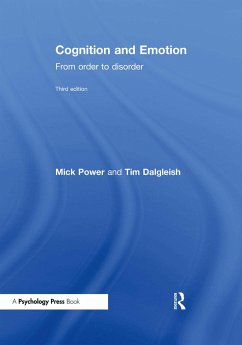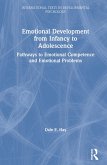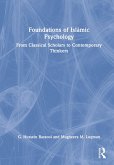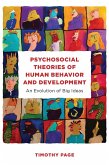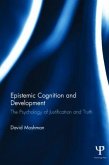This new edition of the highly praised Cognition and Emotion provides both an advanced textbook for undergraduate and postgraduate courses on cognition and emotion in addition to a novel approach with a range of implications for clinical practice for work with the emotional disorders.
Hinweis: Dieser Artikel kann nur an eine deutsche Lieferadresse ausgeliefert werden.
Hinweis: Dieser Artikel kann nur an eine deutsche Lieferadresse ausgeliefert werden.
'This third edition of Cognition and Emotion remains an essential reference for both the clinician and the researcher in cognitive psychopathology. After presenting the historical and philosophical roots of cognition and emotion research, it provides a clear and synthetic presentation of how cognition concurs to emotion, how emotion becomes disordered, and how it can be cured.' - Pierre Philippot, Psychological Sciences Research Institute, University of Louvain, Belgium
'This third edition of Cognition and Emotion remains an essential reference for both the clinician and the researcher in cognitive psychopathology. After presenting the historical and philosophical roots of cognition and emotion research, it provides a clear and synthetic presentation of how cognition concurs to emotion, how emotion becomes disordered, and how it can be cured.' - Pierre Philippot, Psychological Sciences Research Institute, University of Louvain, Belgium

